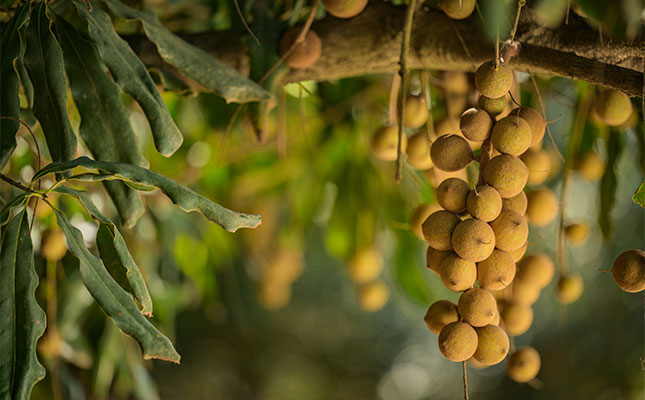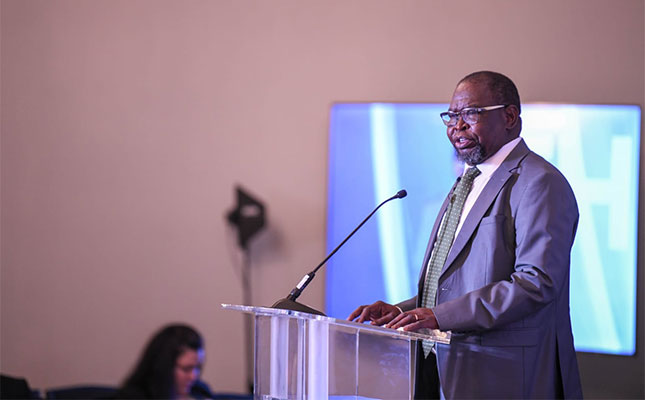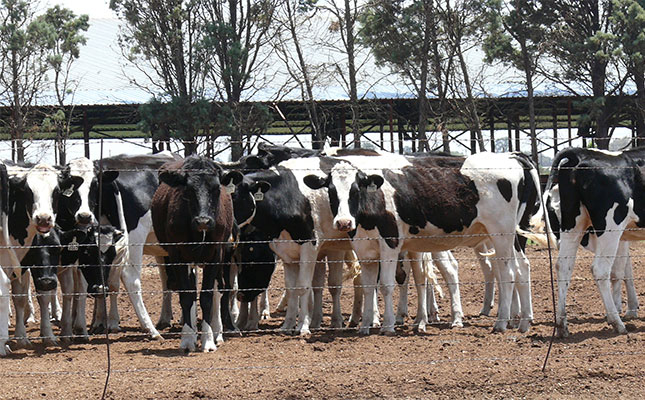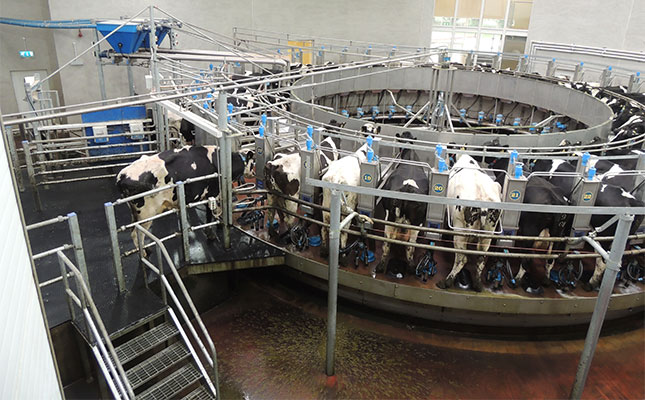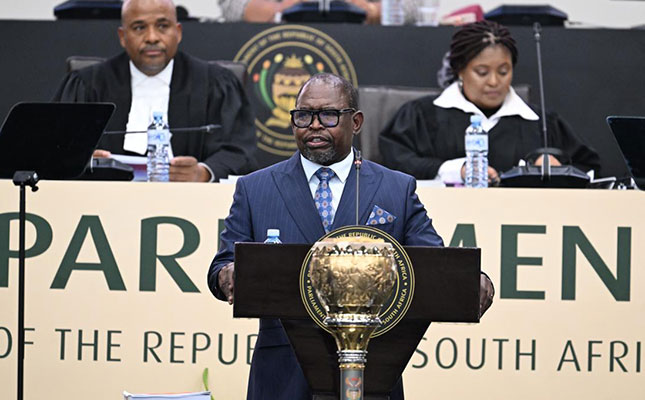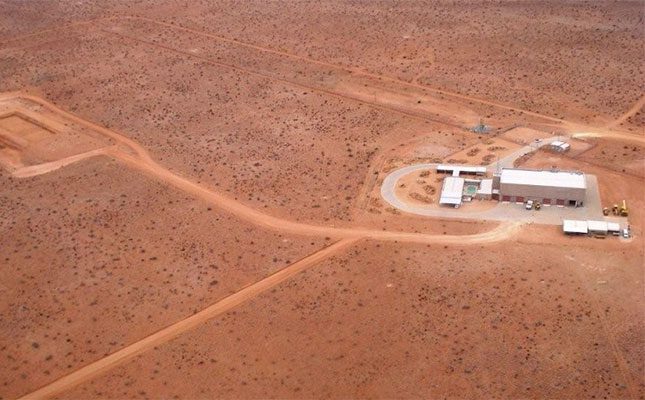
However, a nuclear communication specialist argued that well-managed radioactive waste facilities can coexist safely with productive agricultural regions.
In early July 2025, Riedewaan Bakardien, CEO of the National Radioactive Waste Disposal Institute (NRWDI), presented the update on Vaalputs during a session with The Parliamentary Portfolio Committee On Electricity And Energy.
It provides for the development of a centralised interim storage facility for long-term storage of spent nuclear fuel from Koeberg Nuclear Power Station in the Western Cape, with operations set to commence in 2030.
Questions about long-term safety
Jan Palm, chairperson of TLU SA Northern Cape, said Namaqualand and the broader Northern Cape were already vulnerable to water scarcity due to the province’s arid conditions and reliance on scarce underground water sources.
“Any expansion or intensification of nuclear waste storage activities poses potential long-term environmental and health risks. These include radioactive contamination of soil and groundwater, the deterioration of farming viability, and the loss of consumer and market confidence in agricultural products from the region,” he said.
Speaking to Farmer’s Weekly, Palm said that in a region where livelihoods depended almost entirely on land and water, people were understandably anxious about the long-term impact of nuclear waste storage on their health and economic security.
“Organised agriculture in this region contributes to both local and national food systems, and any disruption to land or water usability could jeopardise production. For local communities, this could mean job losses, land devaluation, and health concerns related to potential radiation exposure. On a broader scale, this poses a threat to food security and undermines rural development efforts.
“Once trust in the safety of agricultural produce from the area is lost, it is extremely difficult to recover both domestically and in international markets,” he explained.
According to Palm, an inclusive and transparent engagement approach was urgently required.
“We urge government and the NRWDI to respect the principles of environmental justice, which include meaningful participation by affected communities. We also call for an independent environmental impact assessment with input from agricultural experts, hydrologists, and health professionals to ensure that all possible risks are fully considered before proceeding.
“We want to remind stakeholders that the long-term sustainability of food systems and rural livelihoods must be prioritised over short-term infrastructural agendas,” he said.
‘No need for concern’
Princess Mthombeni, a nuclear communications specialist and founder of Africa4Nuclear – an organisation that advocates for nuclear energy as a catalyst for sustainable development, economic growth, and industrialisation – said there was no need for concern about the possible impact of the proposed upgrades at Vaalputs.
“International experience consistently shows that well-managed radioactive waste facilities can safely coexist with productive agricultural regions. These facilities do not compromise food safety, environmental health, or the market reputation of local produce. In fact, nuclear science plays an important and growing role in agriculture by helping to protect crops, improve water management, and support adaptation to climate change.
“A good example of this alignment is the 2024 partnership between the Southern African Agri Initiative and C5 Capital, a Washington DC-based investment firm specialising in advanced nuclear solutions. It is focused on developing technologies that strengthen agriculture and food security across South Africa and the continent [as a whole]. Their work includes using nuclear techniques to improve food safety, animal health, crop productivity, and natural resource management,” Mthombeni said.
Global examples of coexistence
“Globally, there are successful examples of nuclear infrastructure operating safely alongside major agricultural and tourism economies. In the UK, the Low Level Waste Repository sits in the Lake District, a UNESCO World Heritage Site and one of the country’s most visited tourist and farming regions.
“In France, the Champagne region, home to some of the world’s most valuable vineyards, operates a major waste facility while agricultural exports thrive. In Spain, the El Cabril facility coexists with a national park and hunting reserve and actively welcomes public visitors,” she explained.
Mthombeni added that continuous environmental monitoring as conducted at Vaalputs to detect any radiation in the air, water, soil, and surrounding ecosystems. This work was supported by independent radiation and environmental specialists.
“Legislation plays a critical role in ensuring safe and sustainable nuclear waste management in South Africa. The country has one of the most robust and purpose-built regulatory frameworks in the energy sector, underpinned by the Radioactive Waste Management Policy and Strategy of 2005.
“Oversight is provided by the National Nuclear Regulator and the NRWDI. These institutions are responsible for ensuring that all operations, including those at the Vaalputs facility, comply with national legislation and international best practices. This system guarantees the protection of soil, water, air quality and, by extension, the safety and marketability of agricultural products from surrounding areas,” she said.
Mthombeni added that the three-monthly meetings of the Vaalputs Public Safety Information Forum that brought together community members, local leaders, NRWDI staff, and nuclear experts to openly share information about safety, operations, and plans at Vaalputs were important.
“These forums aren’t just technical; they’re about listening to the community, answering questions, and ensuring people feel informed and included. Local voices are valued in shaping the future of Vaalputs,” she concluded.

